Jonas Trueba’s The Other Way Around, in Directors’ Fortnight, is inspired by classic Hollywood romantic comedies — and co-stars his filmmaking father Fernando.
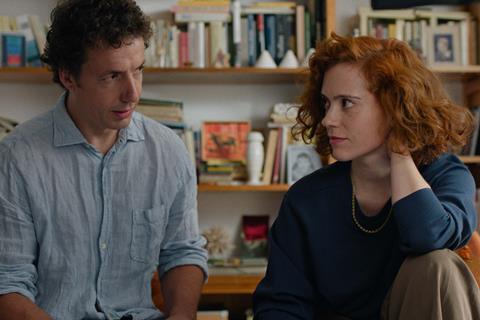
It is Jonas Trueba’s eighth feature, but his first visit to Cannes. The Other Way Around, which screens in Directors’ Fortnight, reteams the Spanish filmmaker with actors Itsaso Arana and Vito Sanz, both of whom co-wrote the screenplay with Trueba. They play a couple who decide to split up in a civilised, festive manner, inviting family and friends to a party.
The film marks the first time writer-director-producer Trueba is co-producing with his Madrid-based company Los Ilusos Films, working alongside Les Films du Worso and Arte France Cinéma.
Trueba was born into a family of filmmakers: his mother is producer Cristina Huete; his father is writer-director Fernando Trueba (Belle Époque, They Shot The Piano Player). He directed his first feature, Every Song Talks About Me in 2010, and his films include Who’s Stopping Us (2021) — which premiered at San Sebastian — You Have To Come And See It (2022) and The August Virgin (2019), which won the Fipresci prize at Karlovy Vary.
Memento International is handling international sales for The Other Way Around with Elastica Films distributing in Spain and Arizona Distribution in France.
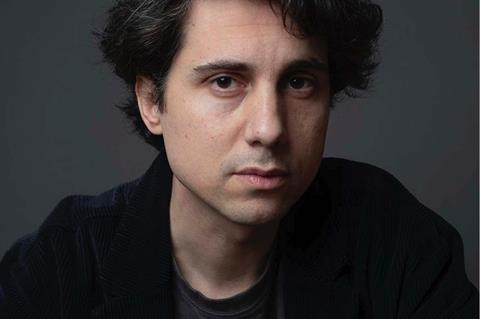
How did The Other Way Around come about?
It was surprisingly quick. The idea had been in the back of my head for a while, but it took only a year between deciding to go ahead with it and getting to the final edit.
The time it usually takes to get a film made is something that often weighs me down and leads me to make smaller-budget films to ease things up in terms of financing. But this time, we got more financing, faster than ever. Three months.
Why do you think that is?
Beyond the interest in the idea of the film, I like to believe it’s partly the result of years of being consistent with the films we have made at Los Ilusos Films [founded by Trueba and Javier Lafuente in 2013]. I don’t think The Other Way Around could have had such an easy financing otherwise. It’s also our first co-production; we had never attempted it before. This time we felt we were mature and strong enough to try.
Our latest films had a good reception in France, so co-producing with France felt like a natural fit. Sylvie Pialat and Alejandro Arenas from Les Films du Worso were interested, and it all worked out. They got Arte Cinéma on board. Financing in Spain was secured from different sources, including the Spanish film body ICAA, RTVE, Movistar Plus+, Filmin and private investors.
In The Other Way Around there are plenty of cinephile references, from classic Hollywood comedies to a Bergman Tarot — a deck of cards featuring stills from the films of Ingmar Bergman, to guide you in life.
We introduced different cinephile references, like a game, since the film talks about people who make films. There is also an attempt at self-parody, because when you make films everything feels like cinema.
My films are linked to my everyday life and the Bergman Tarot was something a friend showed me. The classic Hollywood marriage comedies were key: films that dealt with couples in conflict and a threat of break-up that led to [them] getting back together. The Awful Truth by Leo McCarey is possibly the one I thought of most while making the film.
Your father, filmmaker Fernando Trueba, plays the father of the director character in The Other Way Around, who is played by Itsaso Arana.
The idea was to have no boundaries between reality and fiction, life and cinema. I was born in a family of filmmakers. Cinema is so much part of my life that it is my life. It can be fun, but sometimes it’s a bit mental too because you end up wanting to see everything like a film. I wanted to explore this.
How was it directing your father as an actor?
We had a lot of fun. It was a luxury having an actor who is a veteran director and knows more about cinema that all of us put together. Working with my dad was one of the main reasons I wanted to do the film — a different way of discussing cinema with him.

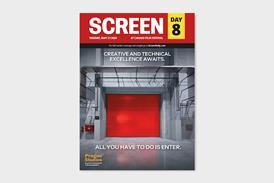
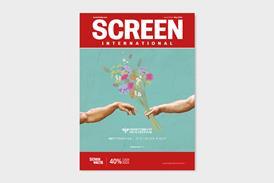
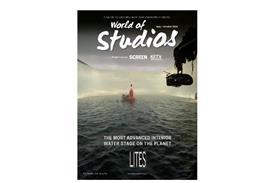
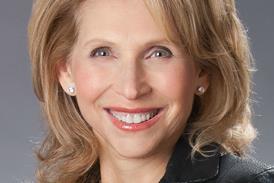
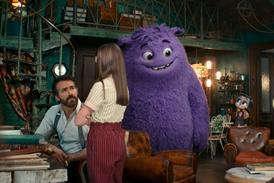
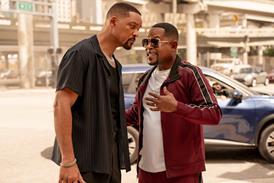
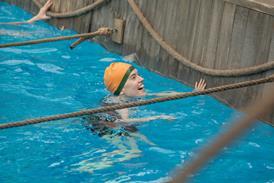
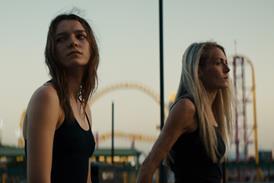
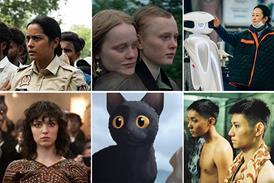
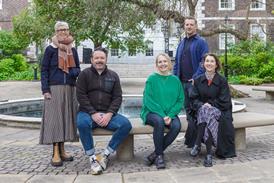

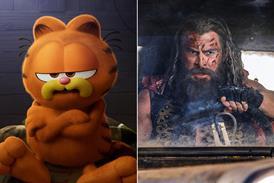
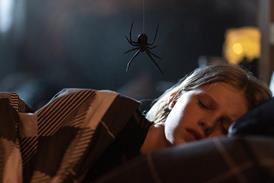

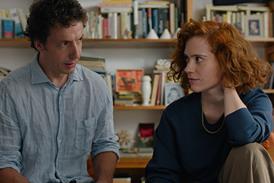








No comments yet